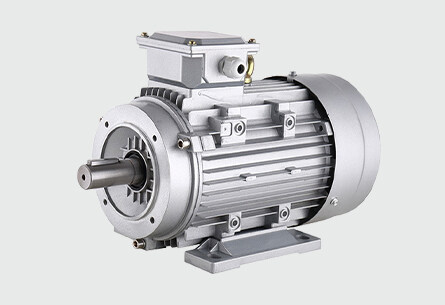Noise Control Methods for Portable Backup Generators and Fuel Selection and Efficiency Comparison
Introduction
Portable backup generators are essential for providing power during emergencies or in off-grid situations. However, one common concern with these generators is the noise they produce. In this blog post, we will explore effective noise control methods for portable backup generators. Additionally, we will discuss the different fuel options available for these generators and compare their efficiency.
Noise Control Methods for Portable Backup Generators
Distance and Placement: Position the generator as far away from living areas as possible to minimise noise impact. Placing it behind barriers like walls or fences can also help reduce noise transmission.
Sound Enclosures: Consider using sound enclosures or generator tents specifically designed to reduce noise levels. These enclosures are made of sound-absorbing materials and can significantly decrease generator noise.
Vibration Isolation: Use vibration isolation pads or mounts to reduce the transmission of generator vibrations, which can contribute to noise. These pads absorb vibrations and prevent them from transferring to the surrounding structures.
Mufflers and silencers: Install high-quality mufflers or silencers designed for portable generators. These devices reduce exhaust noise by dissipating and redirecting the sound waves.
Regular Maintenance: Proper maintenance, including cleaning and lubricating the generator, can help reduce noise caused by mechanical issues. Regularly inspect and replace worn-out parts that may contribute to increased noise levels.
Fuel Selection and Efficiency Comparison
Gasoline: Gasoline is the most common fuel choice for portable backup generators. It is readily available and easy to store. However, gasoline generators tend to be less fuel-efficient compared to other options.
Propane: Propane is a cleaner-burning fuel that produces fewer emissions compared to gasoline. Propane generators are also quieter and require less maintenance. However, propane may be less readily available in certain areas.
Diesel: Diesel generators are known for their fuel efficiency and durability. They are often used in commercial and industrial settings. While diesel generators can be noisier than propane or natural gas options, newer models come with advanced noise reduction technology.
Natural Gas: Natural gas is a clean-burning fuel that offers convenience and reliability. Natural gas generators are quieter and produce fewer emissions compared to gasoline or diesel generators. However, they may require a dedicated natural gas line, limiting their portability.
Dual-Fuel: Some portable backup generators offer the option to run on multiple fuels, such as gasoline and propane. These dual-fuel generators provide flexibility and allow users to choose the most suitable fuel based on availability and specific requirements.
Conclusion
Noise control is an important consideration when using portable backup generators, especially for home use. By implementing distance placement, sound enclosures, vibration isolation, mufflers, and regular maintenance, generator noise can be significantly reduced. When selecting a fuel for portable generators, factors such as availability, efficiency, emissions, and noise levels should be considered. Gasoline, propane, diesel, natural gas, and dual-fuel options each have their advantages and disadvantages. Understanding these factors will help users make an informed decision based on their specific needs and priorities.


